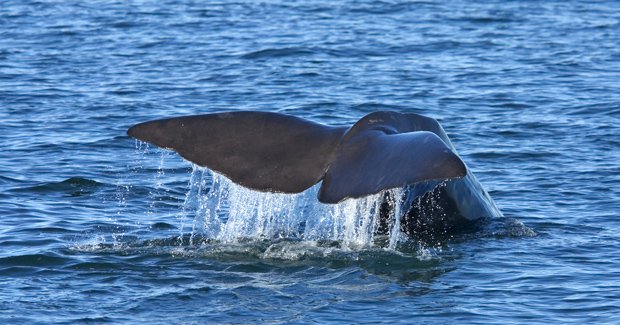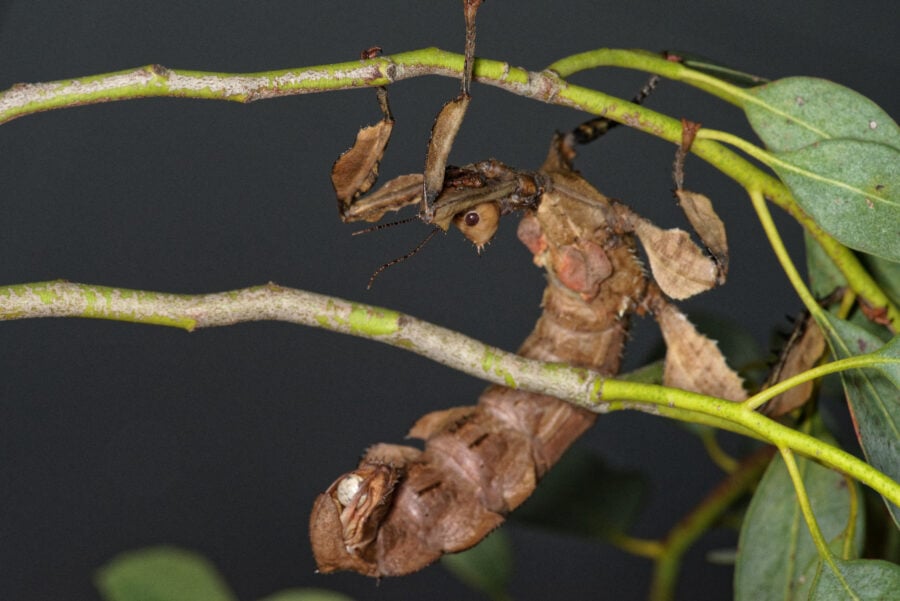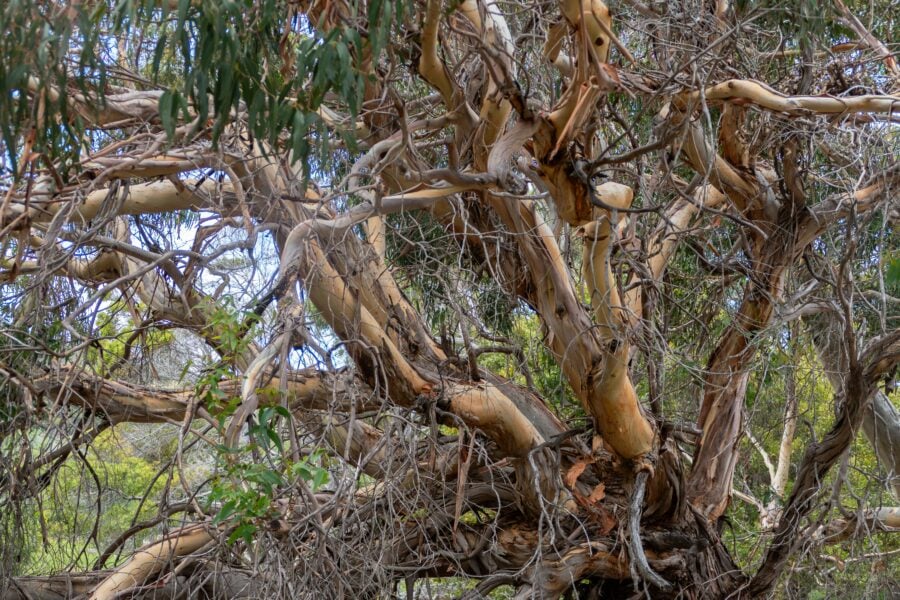Poo makes whales carbon neutral

WHALES ARE CARBON NEUTRAL on account of their poo, new research on the Southern Ocean has shown.
The excretion of nutrient-rich poo boosts the growth of plankton in the ocean, which helps to remove carbon dioxide from the atmosphere, scientists say. The research lends more weight to the argument against whaling, which will be debated at the International Whaling Commission meeting in Agadir, Morocco this week.
The Southern Ocean plays a crucial role in regulating global carbon dioxide levels. Tiny plants called phytoplankton that live near the surface absorb CO2 and take a significant proportion of that carbon with them to the deep ocean when they die.
Scientists had thought that whales interfere with this process by releasing carbon dioxide from their food chain into the air – carbon that would usually stay locked up in the ocean by the gilled creatures.
“The traditional idea is that air-breathing animals in the Southern Ocean are a leak in the biological pump, and they’ve been criticised for that,” says lead author Trish J Lavery from Flinders University, Adelaide. But Trish and colleagues think the reality isn’t so straightforward.
Nutrient-rich faeces
The amount of phytoplankton in the Southern Ocean is limited by the relative lack of iron, a vital nutrient. Sperm whales eat iron-rich prey in deep regions of the ocean, far too dark for plankton to grow. They then expel these nutrients near the surface, where the plankton live and can thrive on the boost of iron. “It’s only when [whales] get back to the surface that they relax and let everything go,” Trish says.
The increased population of plankton bolsters the removal of carbon dioxide from the atmosphere. In fact, based on the results of previous studies of whale faeces and iron nutrient experiments, the team estimates that the 12,000 sperm whales living in the Southern Ocean trap 200,000 more tonnes of carbon than they breathe out every year.
Admittedly, this is less than 1 per cent of the carbon that people pump into the atmosphere each year. Without commercial whaling, though, their contribution would be significantly higher, Trish says.
The conclusions, which are published in the journal Proceedings of the Royal Society B, seem entirely reasonable, says Simon Jarman of the Australian Antarctic Division in Kingston, Tasmania. Simon was involved in recent research on the faeces of baleen whales, such as blue whales, which eat iron-rich krill.
Based on his team’s analysis, they calculated that baleen whale poo contains about 10 million times more iron than Antarctic seawater. “Whales of any species could act as a carbon sink, and also as natural iron fertilisers,” Simon says. And allowing whale numbers to recover could increase the capacity of the Southern Ocean to absorb carbon, he says.




